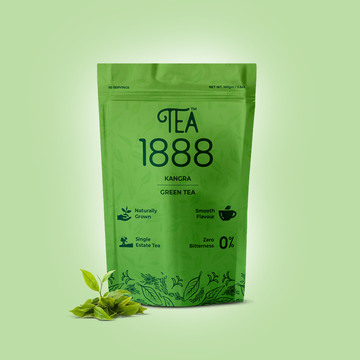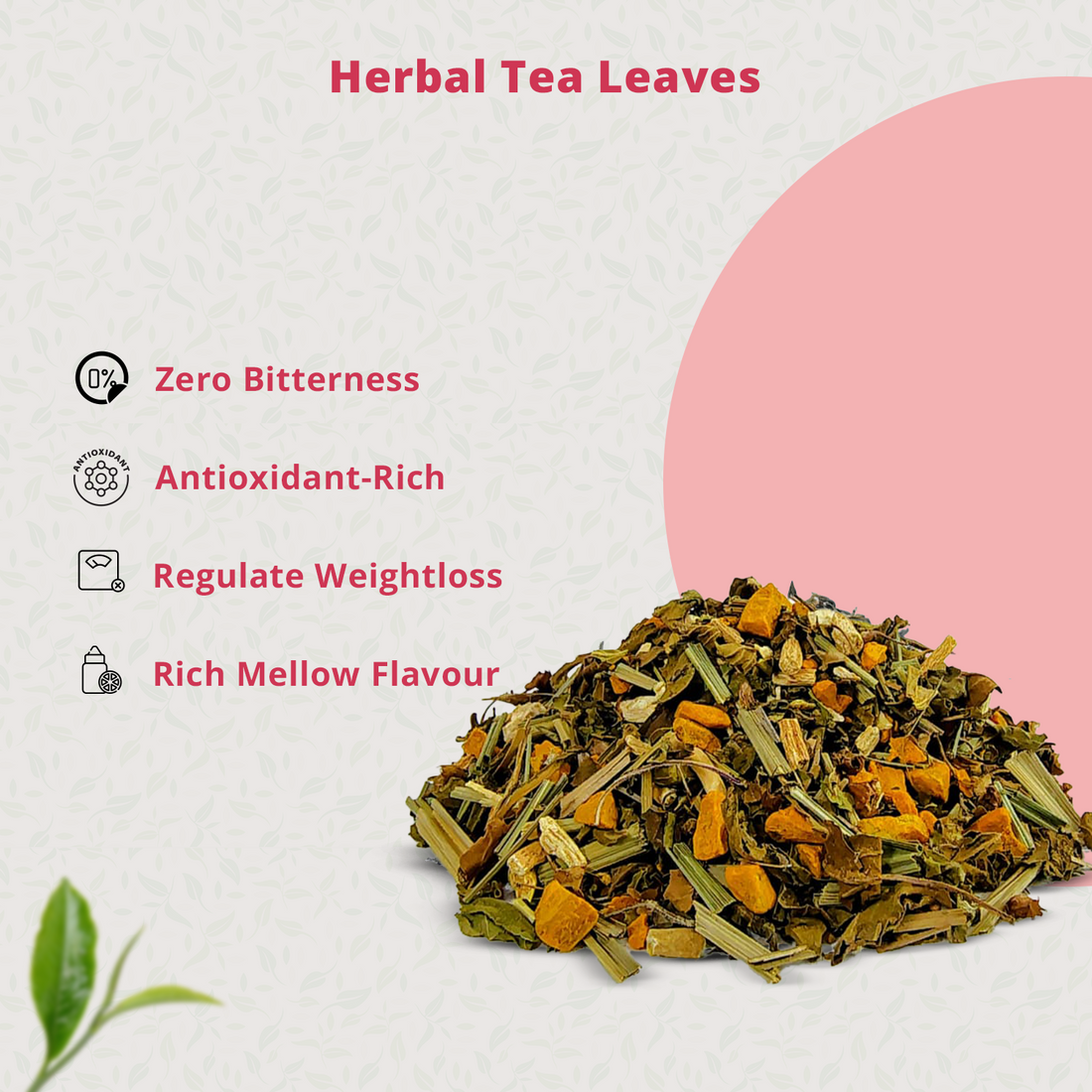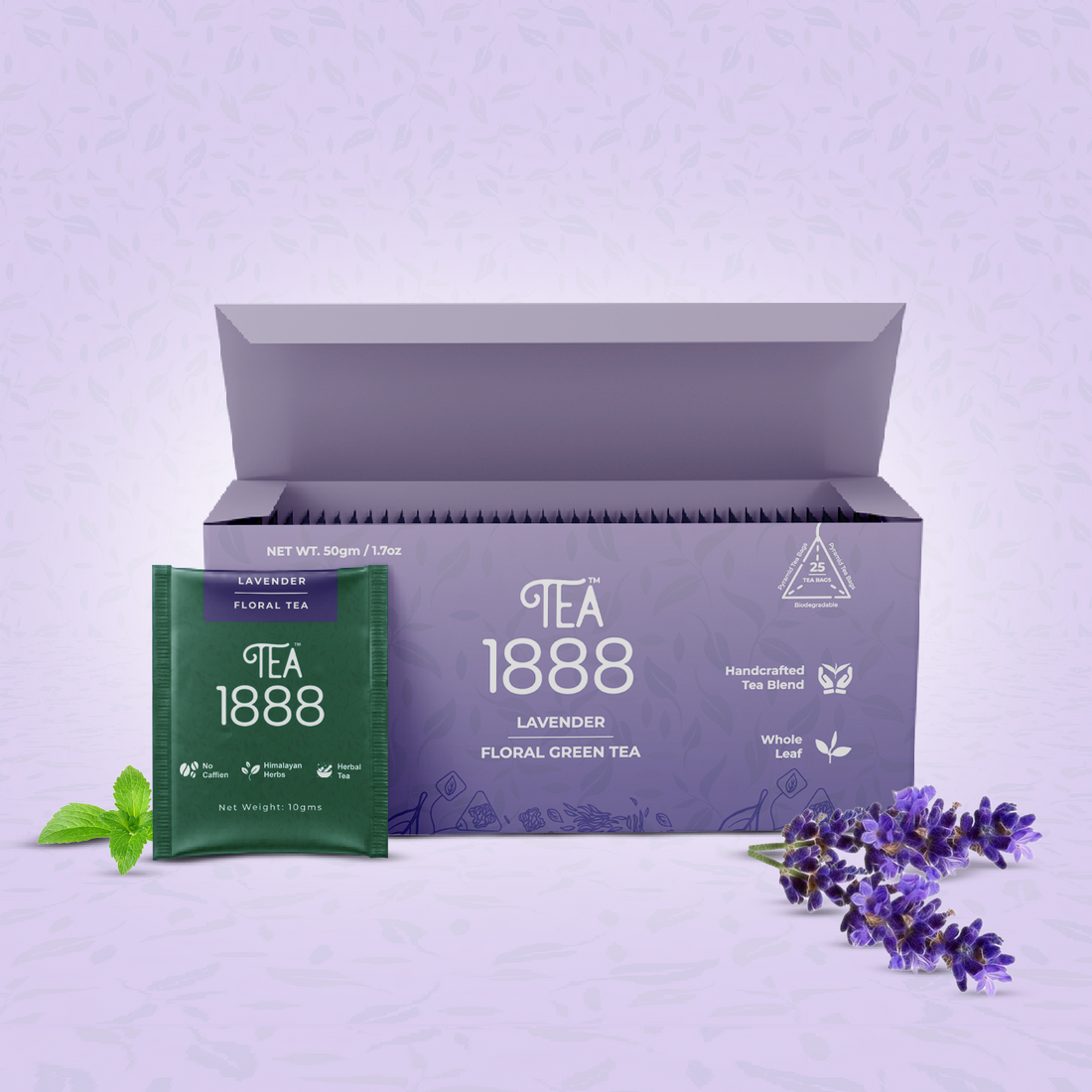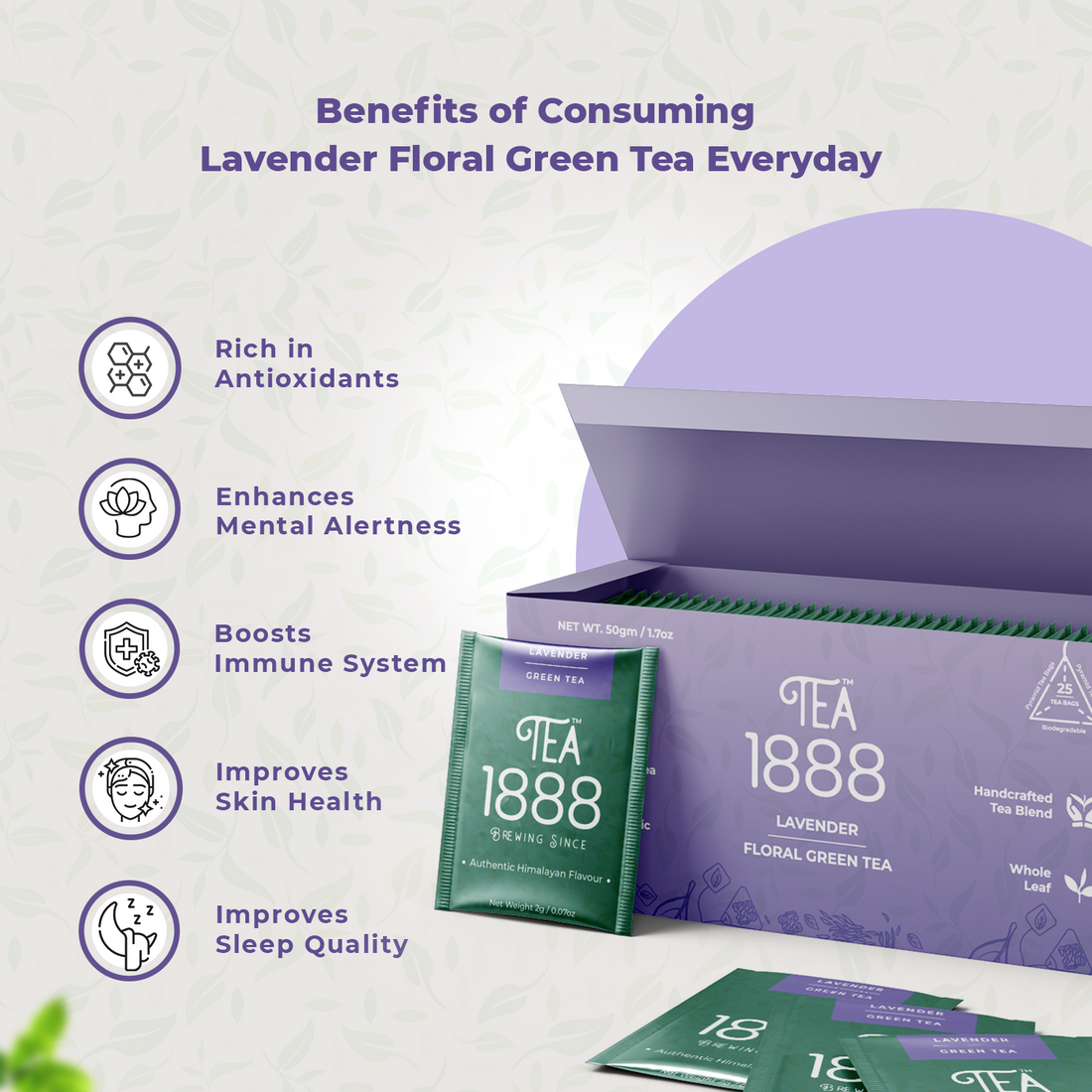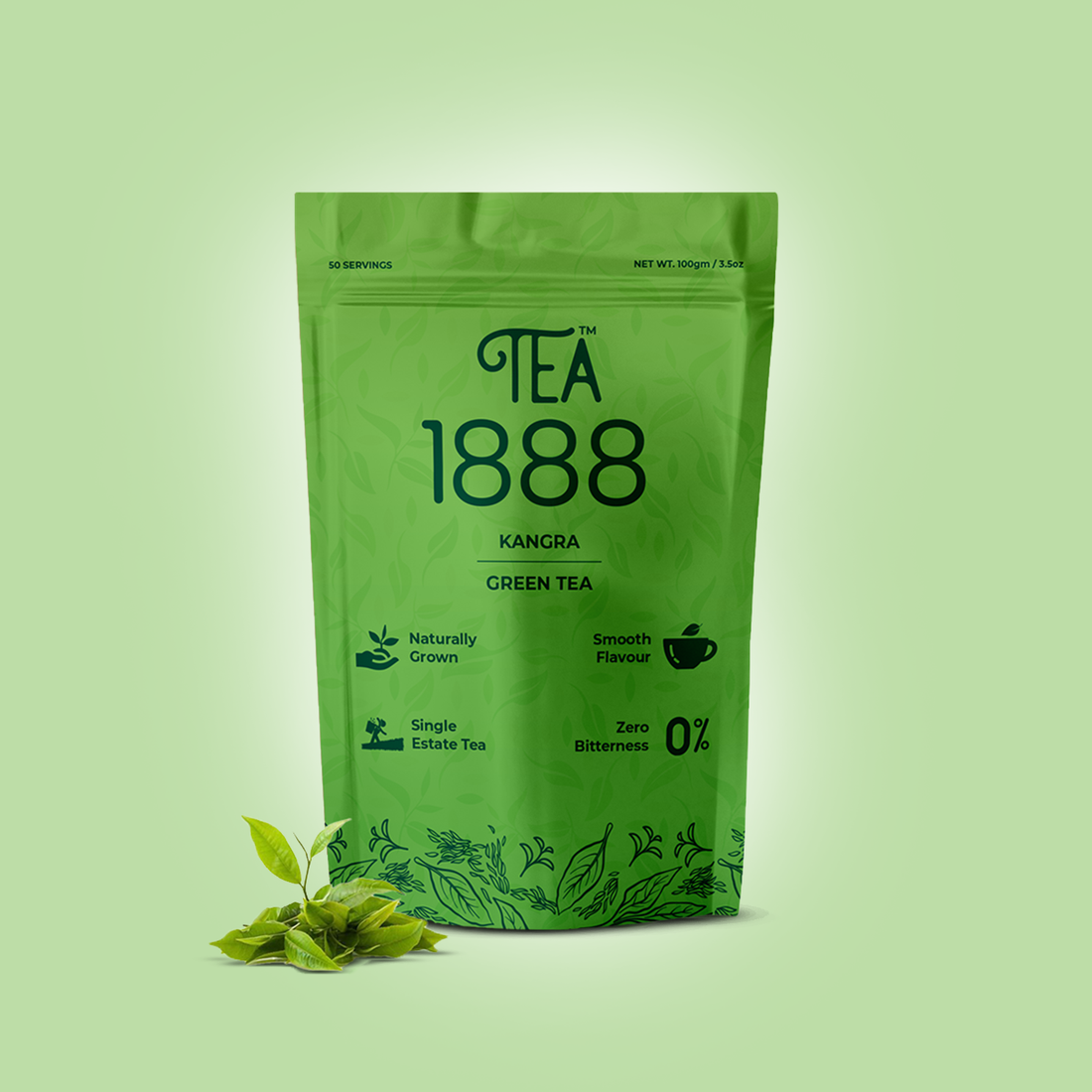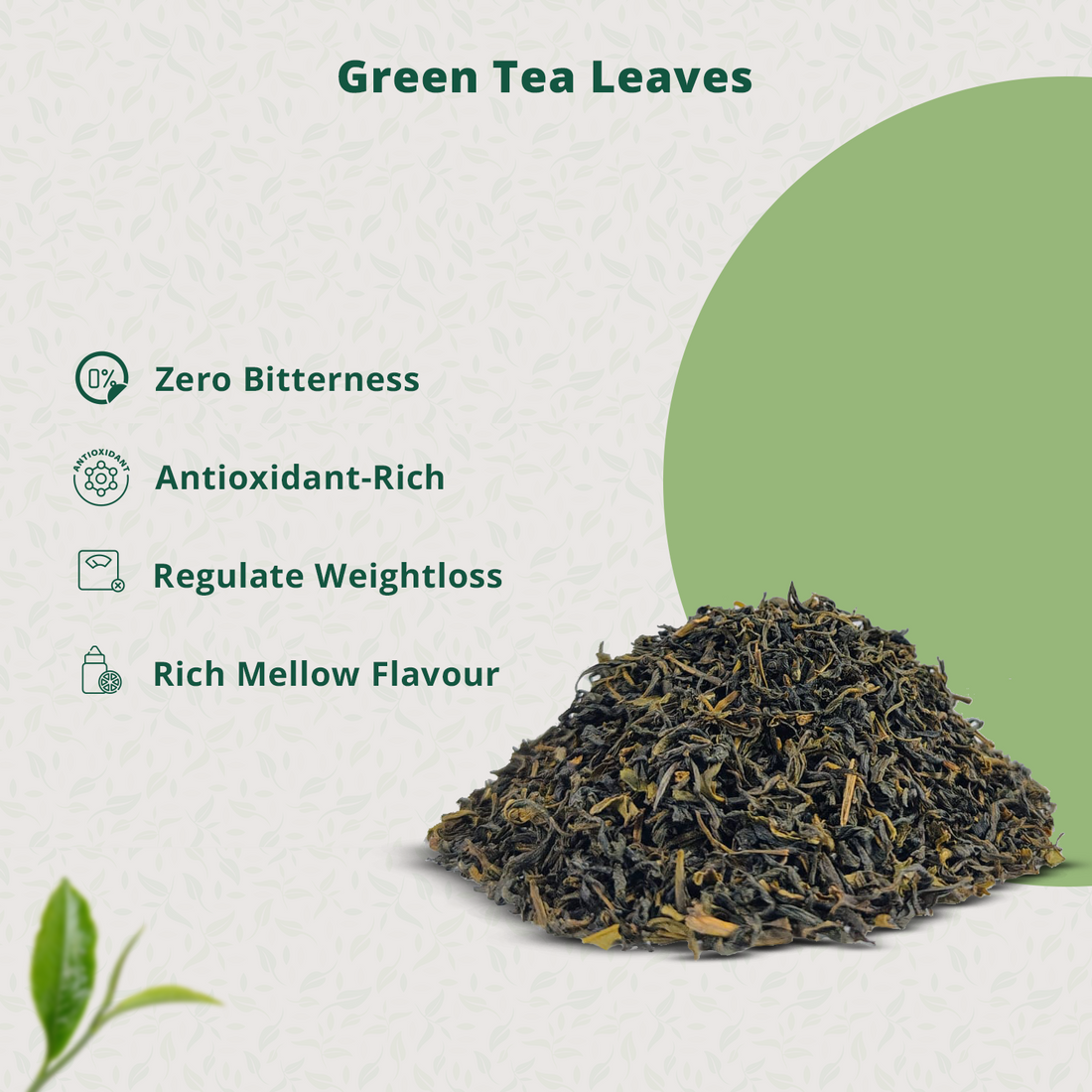Can't seem to get enough sleep at night? You're not alone. Lavender tea offers benefits way beyond its pleasant aroma, especially when you have trouble sleeping. The National Institutes of Health reports more than 70 million people in the United States struggle with poor sleep. Science backs up lavender tea's calming effects that help with this common problem.
Research shows that lavender works really well for sleep—a 2019 study pointed out that lavender might boost your body's melatonin levels and improve your sleep quality. Research on lavender tea's health benefits revealed that people who breathed in lavender's scent had longer periods of deep and slow-wave sleep. New mothers saw amazing results too. The study showed that mothers who took 10 deep breaths of lavender fragrance four days weekly for eight weeks slept by a lot better than the placebo group.
This piece will help you understand the science behind these amazing effects and show you how to add this traditional remedy to your daily routine for better sleep and relaxation.
What Makes Lavender Tea Unique
Lavender's purple blooms and mesmerising fragrance have engaged humanity for thousands of years. This amazing herb creates the foundation of one of the world's most calming herbal drinks. The benefits of lavender tea go way beyond its relaxing properties.
The lavender plant and its uses
The lavender plant (Lavandula angustifolia), also called English lavender, belongs to the mint family. You'll find it growing naturally in the Mediterranean region, Middle East, and India. This aromatic herb's rich history spans 2,500 years, and cultures worldwide treasure its healing qualities.
Lavender's striking purple flowers sit atop tall stems with narrow, green leaves. Gardens everywhere showcase this beautiful display. Throughout time, people have used this versatile plant in many ways:
- Ancient Egyptians used lavender oil to mummify their dead
- Greeks, Romans and Persians added it to their baths to purify body and mind
- Mediaeval societies saw lavender as a holy herb and valued its healing powers
Modern products feature lavender in everything from essential oils to perfumes, cosmetics and beauty items. Aromatherapists value its calming scent, while skincare companies use it to balance skin tone and support cell health.
How lavender tea is made

Lavender tea isn't a true tea since it doesn't come from the Camellia sinensis plant. People make it from dried purple lavender flower buds instead. The process starts with flower harvesting, followed by careful drying.
Dried lavender packs more punch than fresh flowers. Tea makers can blend these dried buds with loose tea leaves or other herbs to create different combinations. Making lavender tea couldn't be simpler.
Let boiling water cool slightly, then steep 1-2 teaspoons of dried lavender buds for 5-10 minutes. This releases essential oils and beneficial compounds that give the tea its special properties.
Flavour and aroma profile
The exceptional sensory experience makes lavender tea stand out. A soft, sweet perfume fills the room as soon as you steep the dried buds, creating instant calm.
The taste profile is unique - gentle floral notes mix with hints of rosemary and mint. Natural compounds like linalool and cineole create this special blend. Different varieties and brewing methods can produce:
- Smoky or woody undertones in some blends
- Sweet floral notes in others
- Green apple and rose hints
- Earthy flavours like green tea
The tea's aroma boosts the drinking experience and brings peace with every sip. The simple act of making and enjoying lavender tea becomes a mindful moment of self-care in our hectic daily lives.
The Science Behind Lavender Tea Benefits
Science backs up what people have known for centuries - lavender tea works wonders for sleep and relaxation. Each cup you drink sets off a chain of natural compounds that work together with your body.
Key compounds: linalool and linalyl acetate
Two-star compounds make lavender tea so powerful: linalool and linalyl acetate. These natural elements create lavender's distinct aroma and deliver its therapeutic benefits. Studies show these compounds have anti-inflammatory, antioxidant, antidepressant and neuroprotective properties. Linalool shows remarkable anxiety-reducing effects that boost calmness and social interaction while lowering aggressive behaviour.

Lavender contains other vital compounds like lavandulol, lavandulyl acetate, β-ocimene and α-terpineol. Each has its role - lavandulyl acetate helps you fall asleep, while β-ocimene helps you stay asleep longer with fewer disruptions.
How lavender affects the nervous system
Your brain's neurotransmitters, especially gamma-aminobutyric acid (GABA), interact with lavender tea's compounds to reduce anxiety and promote relaxation. Your body responds with several changes:
- Lower heart rate
- Better heart rate variability (showing relaxation)
- More parasympathetic nervous system activity
- Steadier breathing patterns
The aromatic compounds activate your brain's emotional centre—the limbic system. This triggers the release of encephalin, endorphin, noradrenaline and serotonin. These brain chemical changes explain lavender's powerful calming effects.
Scientific studies on lavender and sleep
Research strongly supports lavender's ability to improve sleep. A study found that new mothers who drank one cup of lavender tea daily for two weeks felt less tired than those who didn't. Elderly patients who struggled with poor sleep saw major improvements after drinking lavender herbal tea, and higher doses (2g versus 1g) worked better.
College students with sleep problems showed better sleep quality when they combined good sleep habits with lavender. The improvements lasted through the immediate period and continued two weeks later. This lasting effect suggests lavender helps reset sleep patterns.
Lavender vs. other herbal teas
Lavender tea stands out from other sleep-promoting herbs because of its two-way approach. Chamomile mainly works as a sedative, but lavender helps you understand why sleep problems happen by lowering anxiety and managing stress responses. Lavender tea doesn't carry the dependency risks of sleep medications, which makes it perfect for nightly use.
Top Health Benefits of Lavender Tea
Lavender tea is a rich source of wellness benefits that make it stand out from other herbal teas. This delicate brew can calm your mind and support your body, making it perfect for your daily routine.
1. Promotes better sleep Sleep problems keeping you up?
Lavender tea could be your natural answer. Studies show that lavender increases the percentage of deep slow-wave sleep—when your body restores itself most effectively. Research with postpartum women showed that breathing in lavender fragrance four days a week for eight weeks helped them sleep better. The tea helps you wake up feeling refreshed too. Lavender's compounds work with your nervous system to create a gentle calming effect without the drawbacks of regular sleep medicines.

2. Reduces anxiety and stress
Research proves that lavender helps reduce anxiety by working on brain chemicals. A study showed that older adults who drank lavender tea twice daily for two weeks had lower anxiety and depression levels. The difference in anxiety scores between groups was clear (-6.40). The linalool in lavender affects the gamma-aminobutyric acid (GABA) pathway, which creates a calming effect like anti-anxiety medications but doesn't cause dependency.
3. Supports digestion
Your digestive system benefits from lavender's soothing qualities. The tea's antispasmodic properties help your body relax, ease muscle spasms and relieve bloating, nausea, and indigestion. The sort of thing I love is how lavender's scent gets your bile flowing, which helps break down food better and makes your digestion work smoothly.
4. Anti-inflammatory and antioxidant effects
Two powerful compounds in lavender—linalool and linalyl acetate—fight inflammation. These natural elements reduce body inflammation and protect against oxidative stress. The tea also packs vitamin C, magnesium, calcium, and plant nutrients that boost your immune system and help fight off harmful organisms.
5. May ease menstrual discomfort
Women with menstrual cramps can find natural relief in lavender tea. Research shows that young women who breathed in lavender for 30 minutes daily during their cycle's first three days felt less pain after two months. Lavender's anti-inflammatory and antispasmodic qualities help alleviate muscle spasms and discomfort naturally.
6. Helps with skin health
Your skin can benefit from lavender's antibacterial and anti-inflammatory properties. Studies indicate that lavender speeds up wound healing, boosts collagen production, and helps tissue repair. Scientists found that mixing lavender oil with aloe extract stopped the growth of acne-causing bacteria effectively.
Feel calm with every sip. Try our Lavender Herbal Tea, made to help you sleep better and feel more peaceful. Shop Now — Start your path to better nights here.
How to Use Lavender Tea Safely and Effectively
The right timing, preparation and awareness of potential risks will help you get the most from lavender tea's benefits. A smart approach will give you the maximum rewards from this fragrant brew.
Best time to drink lavender tea
Your lavender tea works best approximately one hour before bedtime if you want better sleep. This lets the active compounds work through your system and helps you drift into restful sleep. A cup of lavender tea in the evening helps you relax, especially after a stressful day. You might prefer a mid-morning or afternoon cup if you need anxiety relief during the day without feeling too drowsy.

Brewing tips for maximum benefit
Here's how to get the most health benefits from your lavender tea:
- Let boiled water cool for about a minute; too hot water damages the delicate lavender compounds and makes the tea bitter.
- Use 1 teabag of lavender Tea for each cup of water.
- Steep for 5-10 minutes with a covered cup that traps essential oils.
- Choose Tea1888 lavender Tea to stay away from pesticides.
A covered cup while steeping keeps the aromatic compounds that give you therapeutic benefits. You can steep for less time if you want a milder taste.
Who should avoid lavender tea
Lavender tea might be gentle, but it's not right for everyone:
- Women who are pregnant or breastfeeding should stay away due to limited safety data
- Boys before puberty, since lavender affects hormone balance
- People with lavender allergies
- Anyone scheduled for surgery needs to stop at least two weeks before
- People taking sedative medications or drinking alcohol
Find calm in every cup. Our Lavender Herbal Tea brings you soothing comfort and peaceful sleep. Shop Now — Your path to better nights begins here.
Conclusion
Start Your Lavender Tea Experience
Lavender tea has proven itself beyond a delightful beverage—it's nature's answer to modern sleep problems. Research strongly supports its effectiveness and shows how it affects sleep quality and reduces anxiety. Your body's systems respond naturally to lavender's unique compounds, linalool and linalyl acetate.
These create relaxation effects that synthetic alternatives can't match. On top of that, it serves as an integrated wellness ally with its anti-inflammatory properties and digestive benefits. A cup of lavender tea can become your nightly ritual for better sleep. The dried buds should steep for 5-10 minutes in water that's cooled slightly after boiling.
This technique will give a full spectrum of beneficial compounds while keeping the delicate flavour profile intact. Lavender tea stays gentle enough for regular use. In spite of that, pregnant women, young boys before puberty, and people taking sedative medications should be careful before adding this herbal remedy to their routine. This ancient practise of brewing lavender tea links you to generations who trusted natural remedies before modern medicine existed.
Centuries of careful preparation and refinement have created benefits that modern research now verifies. Better sleep doesn't need complex solutions. A simple cup of quality lavender tea before bedtime could change your sleep patterns completely. Nature's time-tested remedies, carefully prepared and respectfully brewed, often offer the best path to wellness.
FAQs
Q1. How does lavender tea improve sleep quality? Lavender tea enhances sleep quality by increasing deep slow-wave sleep, the most restorative phase of the sleep cycle. It interacts with neurotransmitters in the brain to create a gentle sedative effect, helping you fall asleep faster and wake up feeling more refreshed.
Q2. When is the best time to drink lavender tea for optimal sleep benefits? For the best sleep benefits, drink lavender tea about an hour before bedtime. This timing allows the active compounds to work effectively through your system, helping ease you into restful slumber.
Q3. Can lavender tea help with anxiety and stress? Yes, lavender tea can significantly reduce anxiety and stress. It impacts the brain's neurotransmitters, particularly the GABA pathway, creating a calming effect similar to certain anti-anxiety medications but without dependency concerns.
Q4. Are there any side effects of drinking lavender tea? While generally safe, some people may experience mild side effects such as headaches, constipation, or increased appetite. In rare cases, it may cause drowsiness or abnormal heart rhythms. It's best to avoid driving after consumption due to its sedative effects.
Q5. Who should avoid drinking lavender tea? Pregnant or breastfeeding women, young boys before puberty, individuals with lavender allergies, and those scheduled for surgery should avoid lavender tea. People taking sedative medications or consuming alcohol should also exercise caution.
